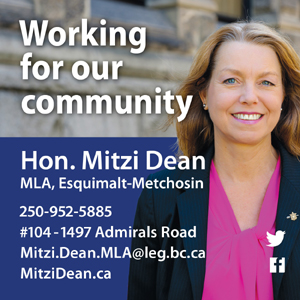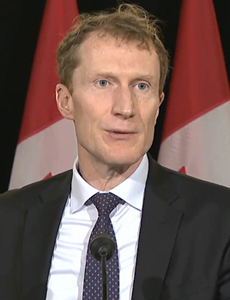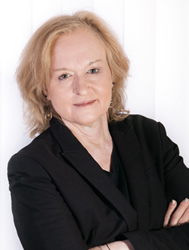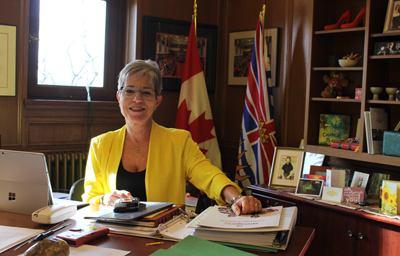
Tuesday January 23, 2024 | VICTORIA, BC [Update: Further details coming from Minister Robinson on Mon Jan 29, 2024]
by Mary P Brooke, Editor | Island Social Trends
As a way to help moderate the impact on housing and social support infrastructure in Canada (such as the health-care system and immigrant support services), yesterday the federal government announced maximums as to how many international students can receive enrollment acceptance at Canadian post-secondary institutions.
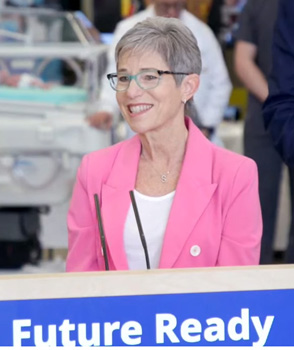
BC in the loop:
“We have known about the issues facing international students for some time and we are actively working with the federal government on solving them, and making sure that international students receive the quality education they were promised,” said Selina Robinson, Minister of Post-Secondary and Future Skills, in a statement to Island Social Trends today.
“International education is a valuable tool to help ensure BC attracts the talent we need for a productive and innovative economy,” said Robinson.
While no one challenges the value in that premise, it does prompt a question about the talent of our own students here at home in BC and Canada.
Yesterday federal Immigration Minister Marc Miller said about the Masters and PhD level students: “Those are the bright people we need to retain,” said Miller in his media availability yesterday.
In-demand skills for BC:
Meanwhile, the BC focus is on in-demand skills. “Our focus is on ensuring all students gain the in-demand skills they need to succeed in our province. We are moving forward with a suite of actions that will significantly increase quality standards in international education.”
When Robinson was appointed to her current role by David Eby in December 2022 it was clear that her scope of work in government — including being the finance minister under former premier John Horgan — would be important to aligning BC’s workforce training with the needs of BC’s growing economy.
Back in 2022, the BC government determined that about 80% of all future jobs will require some level of post-secondary training. About one million jobs are seen coming into the system over the next 10 years.
“Our approach addresses the federal government’s concerns while acknowledging the uniqueness of BC’s education sector and the diversity of communities it serves across the province,” said Robinson in her statement.
More to come:
“We will have more to say early next week,” Robinson said.
Undergrad target:
It’s important to note that the federal international student cap is on undergraduate programs only (typically 4-year programs at universities and 2-year programs at colleges). Masters and PhD students are not impacted by the cap. As well, the cap does not apply to international students at the elementary or secondary school level.
Work permits will not be allowed for spouses of international students. This will further serve to cap the number of incoming students during the “temporary” two-year cap in 2024 and 2025.
See: Federal cap on post-secondary international students (January 22, 2024]
Provincial role:
Education is a provincial responsibility. Many post-secondary institutions — particularly in Ontario and BC — rely heavily on the revenue that is generated from international student tuition.
Population-related:
The federal government will allocate cap space by province based on population; it seems that Ontario, BC and Nova Scotia are likely to see the largest reduction in the number of international students permits.
===== RELATED:
- Federal cap on post-secondary international student intake (January 23, 2024)
- Minister Selina Robinson: true grit & big picture (October 20, 2023)
- Future Ready skills-to-economy matching amidst quarter-million population influx (May 2, 2023)
- Selina Robinson heads into post-secondary portfolio (December 7, 2022)
- A million new job openings projected, most will need post-secondary training (February 7, 2022)
===== ABOUT THE WRITER:
Island Social Trends Editor Mary P Brooke reports with the BC Legislative Press Gallery.
Ms Brooke’s journalism is published in her own series of regional publications (print and online) that have explored socioeconomic aspects of south Vancouver Island, provincial and national news as would impact households, businesses and communities here on Vancouver Island.
The publication series so far: MapleLine Magazine (2008-2010), Sooke Voice News (2011-2013), West Shore Voice News (2014-2020), and Island Social Trends (2020 to present).
This is independent journalism, riding with the mainstream.




